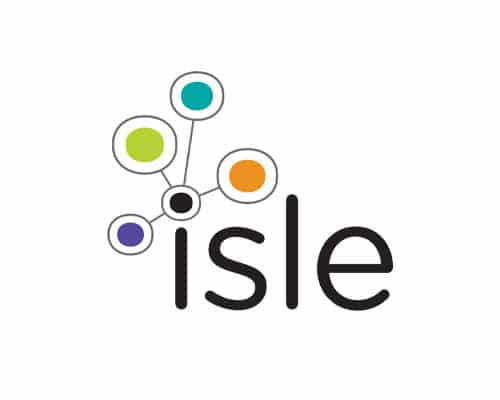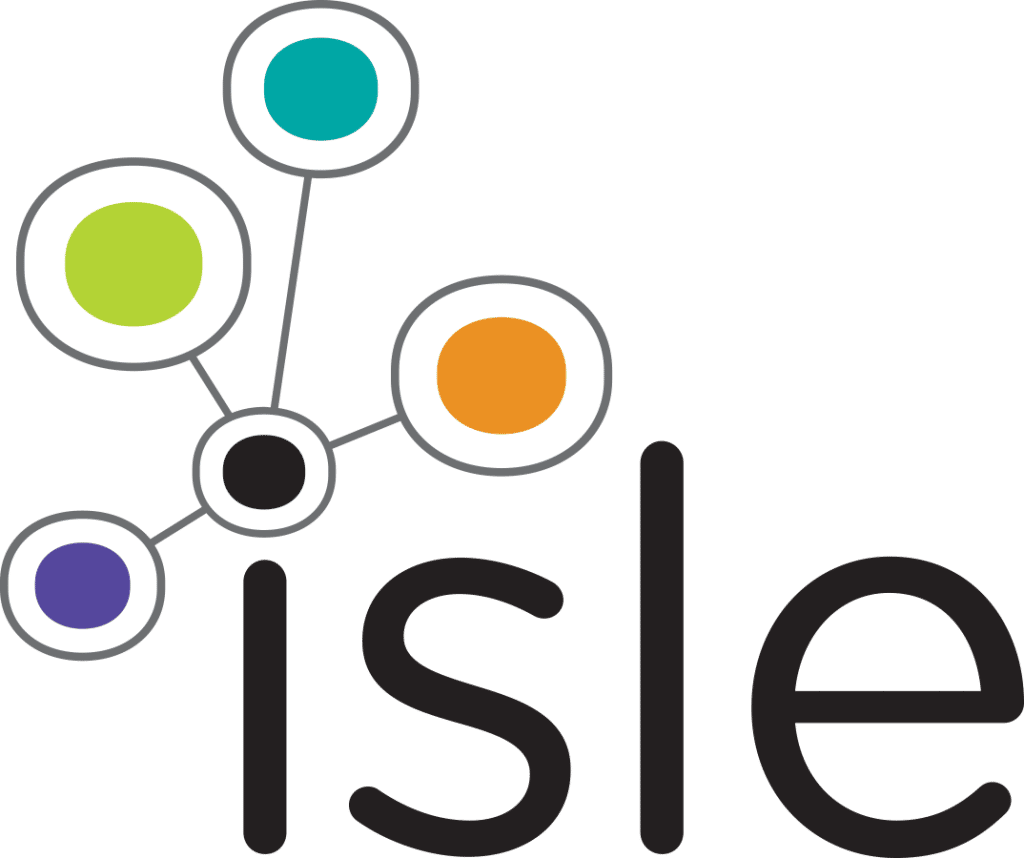Strategic Water Management in Oil Refining: Recommendations for Reducing Consumption and Improving Wastewater Practices
National Survey of Water Use and Wastewater Management in the South African Oil Refining Industry
South Africa’s water management and wastewater practices for oil refining were assessed in 2005 with National Survey (NATSURV) 15. The industry has undergone tremendous change since. In recent years, the refining industry is grappling with challenges due to the closure or inactivity of several refineries. This trend has expanded globally as a result of the shift towards renewable energy.
This project updated and expanded the first edition of NATSURV 15, providing an industry overview. Our aim was to survey water use and wastewater generation in the oil refining industry, benchmarking this against international data. We also wanted to assess specific water intake (SWI) and specific effluent volume (SEV).
Amidst industry uncertainties marked by refinery closures, we revised our aims to include additional objectives. In particular, we wanted to better understand future business plans of remaining refineries.
Our report recommended future targets and best practices to reduce water consumption and better manage wastewater. This project resulted in the publication of NATSURV 15 (2nd edition). This is a technical report that sets out the results of a 2023 national survey of the industry.
Benefits of Approach/Innovation
- Active sector engagement: Raise awareness of where the sector is under or over investing in water and wastewater aspects of their operations.
- Supporting government: Supply data for informed policy updates and enforcement both locally and nationally.
- Providing viable, sustainable options: Offer successful industry examples of wastewater treatment for reuse, recycling and discharge.
- Developing human capital: Enhance skills of professionals in water and science sectors, and sharing robust information on viable sustainability solutions.
Specialist Services Involved:
- Industry Review: Our team determined the size, characteristics and status of the local and regional oil refining and re-refining sectors. We focused on water and wastewater to assess the industry’s current condition. This involved mapping and quantifying the industry.
- Production Process Review: We identified and documented generic oil refining methods, assessing the most water intensive. This included calculating specific water intakes (SWIs).
- Water Stewardship Assessment: We identified ongoing and future stewardship activities and investigated existing investments, market development strategies, and new initiatives.
- Industry Survey: We made use of questionnaires and interviews with selected facilities.
- Policy Recommendations: We used local and global indicators, targets and benchmarks to provide the national regulator with recommended technology adoption targets.
Outcomes:
- Water consumption estimates: We delivered precise estimates of overall and specific water consumption.
- Wastewater forecasting: We generated forecasts for wastewater production alongside typical pollutant loads.
- Regulatory framework insights: We thoroughly outlined the local regulatory landscapes.
- Management practice evaluation: We comprehensively evaluated water and wastewater management practices within the industry.
Key Contacts:
For enquiries and further information, please contact Jo Burgess, Head of Trial Reservoir at Isle Utilities.

